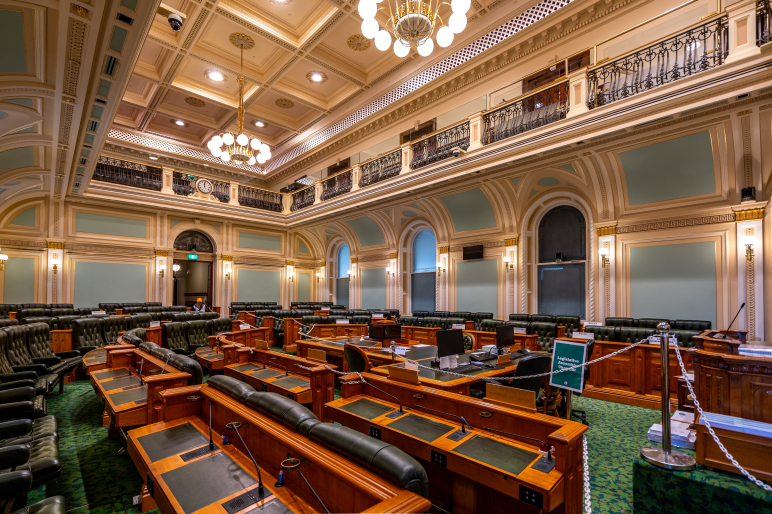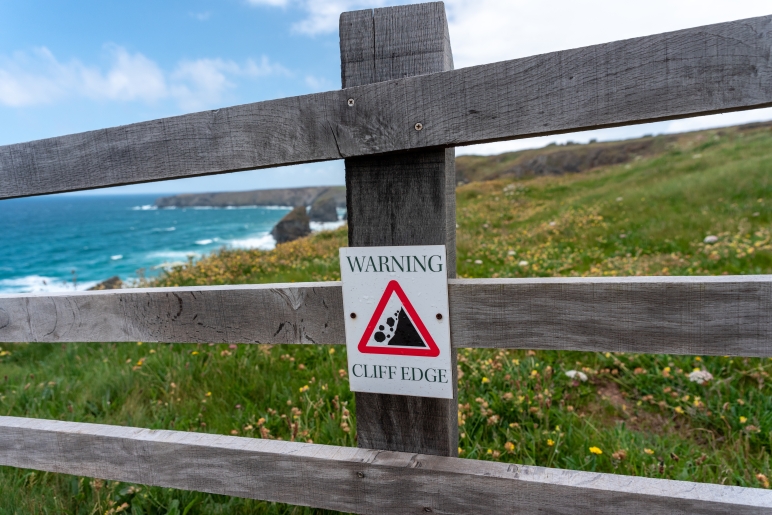I am pleased to announce that a new book of which I am one of the editors will be published on 30 June. The book is Law and Religion in the Commonwealth: The Evolution of Case Law (Hart/Bloomsbury, 2022) and my esteemed co-editors are Dr Renae Barker (UWA) and Professor Paul Babie (Adelaide). The book is a collection of studies of law and religion issues from around the Commonwealth of Nations, from established scholars and also from some who are just starting out.
From the publisher’s description:
Each chapter focuses on a specific case from a Commonwealth jurisdiction, examining the history and impact of the case, both within the originating jurisdiction and its wider global context.
The book contains chapters from leading and emerging scholars from across the Commonwealth, including from the United Kingdom, Canada, Australia, Pakistan, Malaysia, India and Nigeria.
The cases are divided into four sections covering:
– Foundational Questions in Law and Religion
– Freedom of Religion around the Commonwealth
– Religion and state relations around the Commonwealth
– Rights, Relationships and Religion around the Commonwealth.
Like religion itself, the case law covers a wide spectrum of life. This diversity is reflected in the cases covered in this book, which include:
– Titular Roman Catholic Archbishop of Kuala Lumpur v Home Minister on the use of the Muslim name for God by non-Muslims in Malaysia
– The Church of the New Faith v Commissioner of Pay-roll Tax (Vic) which determined the meaning of religion in Australia
– Eweida v UK which clarified the application of Article 9 of the European Convention on Human Rights
– R v Big M Drug Mart on the individual protections of religious freedom under the Canadian Charter of Rights.
The book examines how legal disputes involving religion are among the most contested in the courts and shows that in these cases, passions run high and the outcomes can have significant consequences for all involved.
My chapter is an analysis of the key Australian case, Christian Youth Camps Limited v Cobaw Community Health Services Limited and is sub-titled “Balancing Discrimination Rights with Religious Freedom of Organisations”. The book can be pre-ordered here, and will be available from June 30.
More information about the book, and a sample of the first chapter, can be seen here.







